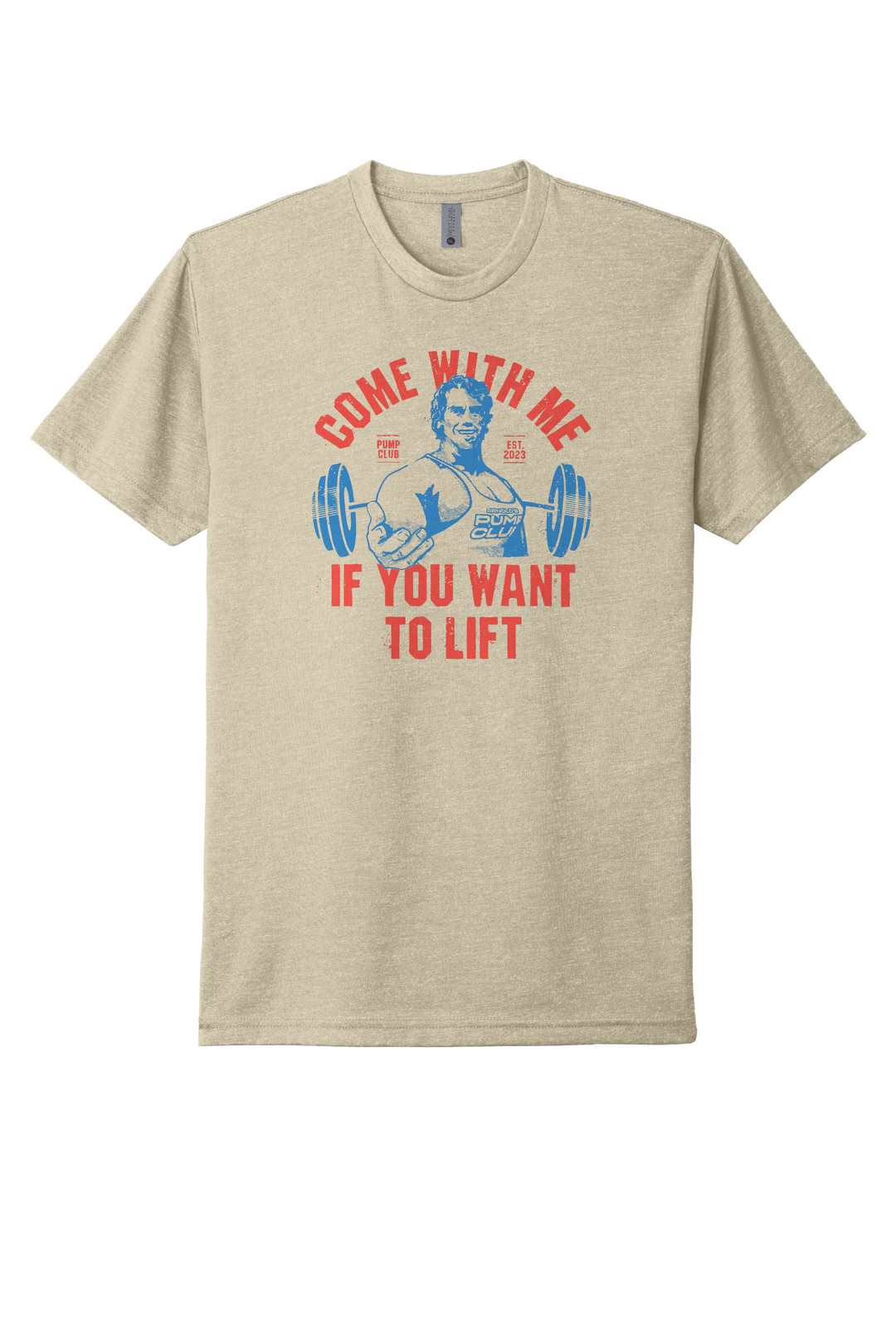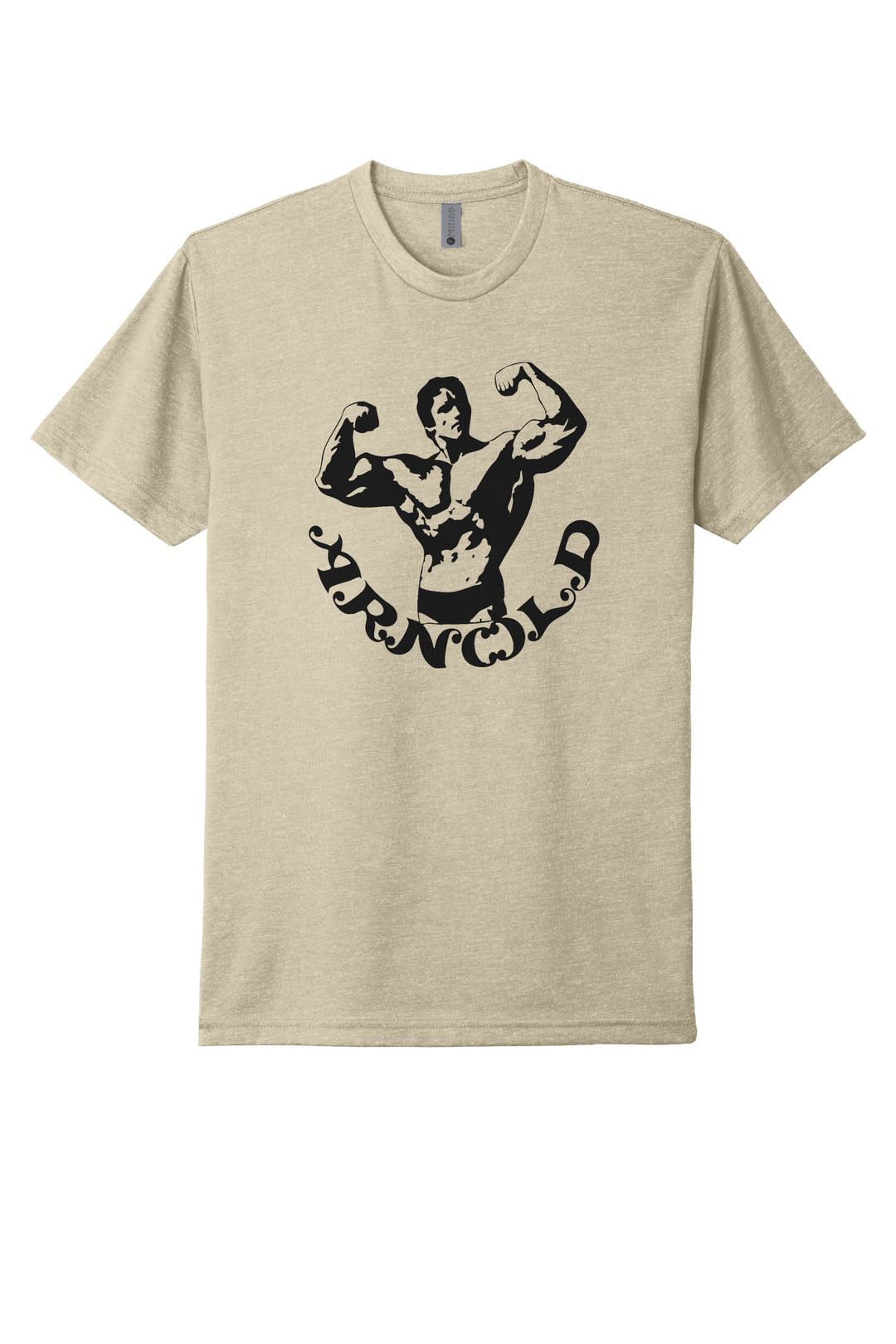Welcome to the positive corner of wellness. Here’s a daily digest designed to make you healthier in less than 5 minutes. If you were forwarded this message, you can get the free daily email here.
Today’s Health Upgrade
It’s never too late
Can water harm your digestion?
The best cardio for fat loss
It’s never too late
If you’ve fallen off the wagon or are struggling to get out of a rut, a study from the 1960s might give you hope like never before.
As you’re about to see, exercise has the potential to offset decades of bad habits.
About 60 years ago, researchers paid healthy 20-year-olds to lay in bed and do nothing. The “Dallas Bed Rest” study was an eye-opening look at the damage of inactivity — and the incredibly resilient nature of the human body. After three weeks of inactivity, the subjects experienced the equivalent of two decades of aging in their blood pressure, resting heart rate, and cardiac output. Crawl into bed feeling 20, walk out feeling 40. Don’t worry, there’s good news coming.
Following the bed rest, the researchers put the same volunteers on a 2-month exercise plan. And just like that — 8 weeks of regular exercise reversed all of the damage of the bed rest.
But the story doesn't stop there. About 30 years after the original study, the researchers got the same group of participants together again. Most of the now 50-year-olds had gained around 50 pounds, had higher blood pressure and were less fit.
The participants engaged in a 6-month, moderate-intensity exercise program. After six months, they significantly improved their blood pressure and resting heart rate, and — impressively — their aerobic capacity returned to their 20-year-old levels.
The lesson: you can’t change what happened in the past, but you can reshape your future. It doesn’t matter how long you’ve been out of the game or whether you have a setback. If you get started and stick to the plan, your health will improve.
From the community: is it bad to drink water before meals?
Note from Adam: I’ve heard some variation of this question for about ten years. When we shared with Arnold, he shook his head because it was just another example of how we overcomplicate nutrition.
I’ll make the answer short and the explanation long(er): it’s not bad drink water before your meals.
Here’s why this question keeps popping up. Some people claim that too much water dilutes digestive fluids in your stomach, which reduces proper nutrient absorption and causes bloating.
However, there’s no research to support these claims. In fact, it’s likely the opposite, and drinking water before or during your meal probably helps digestion. (You can dig in on some research here.)
Water is essential for good health. As with most things, determining what works best for you is what matters. If drinking water before a meal doesn’t feel great, don’t do it.
But know this: if fat loss and being leaner are your goals, research suggests that drinking water before meals can help.
The best cardio for fat loss
Earlier this week, we shared how strength training can help you live longer and potentially shrink your fat cells. That’s not a knock on cardio, which can also help you become leaner, but the “best” method is likely not what you expect.
That’s because moderate-intensity cardio is as effective as high-intensity cardio (AKA HIIT) for fat loss.
Scientists examined 55 different studies to investigate the differences between high-intensity intervals (very short workouts) and moderate-intensity cardio (longer duration at a slower pace)
High-intensity training had several benefits, such as building aerobic capacity (called VO2 max), delivering oxygen to your muscles, and improving overall cardiovascular health.
But, if you’re focused on fat loss, both options seem to work equally well. And that means you can weigh the pros and cons to determine the best approach for you.
For some people, the time-saving benefits of high-intensity work are a significant advantage. Others enjoy more moderate, longer-duration exercise. Or, you can incorporate a mix of both. It’s one more reason to spend less time stressing over what exercises are ideal and, instead, figuring out what you enjoy and creating habits that support consistency.
—

Lift your friends up, get a personalized, signed copy of my Encyclopedia of Bodybuilding
Help me with my fitness crusade and recruit new members. Share your referral link and if 2 people sign up for The Pump Daily, you’ll be entered to win a personalized, signed copy of my Encyclopedia of Bodybuilding. Five winners will be selected.























































